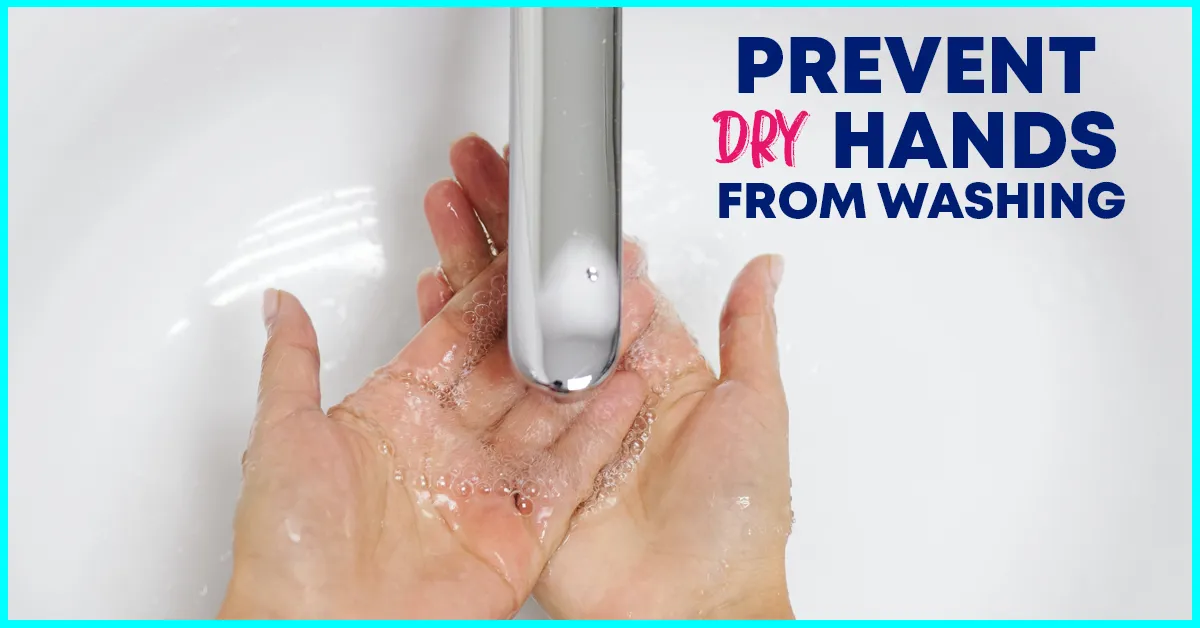You wash your hands before you eat, after you use the bathroom, cough, or sneeze, and more! It might feel like you are scrubbing your hands non-stop – particularly if you are already sick and sneezing frequently.
Frequent hand washing can cause your hands to become dry and cracked, which creates openings for infections.
Striking a balance between effective hand washing and managing your dry hands is important for staying healthy year-round.
Why Should You Wash Your Hands?
It is estimated that if everyone routinely washed their hands, 1 million annual deaths could be prevented according to a 2003 study cited by the CDC. Hand washing is simply the most cost-effective way to reduce disease.
Bacteria and germs are on every surface you come in contact with. This is why you must wash your hands before/after eating, after coughing or sneezing, after using the bathroom, and any other scenario that makes sense to you.
When preparing food, you are at risk of spreading foodborne illness which is why you must wash your hands both before and after working with food.
Hand sanitizer with at least 60% alcohol can be effective at killing bacteria. However, hand washing remains the preferred method as it not only removes bacteria but also scrubs away dirt and other chemicals that would not rub off with hand sanitizer.
Why Do Your Hands Become Dry After Washing?
Soap is designed to wash off dirt and oils from your hands to keep you clean. If you have cooking or car oils on your hands, it makes sense to wash them off. But soap also washes off the natural oils found on your skin.
These natural oils in your skin help keep your skin healthy and protected. Without it, your skin can become cracked which poses a greater risk for bacteria and germs to enter your body.
Is Hot or Cold Water Better for Dry Hands?
Use cold or room temperature water to lessen how dry your hands become after washing. Warm or hot water is hard on your skin because it causes the skin to lose moisture quickly.
Hard water can also be bad for your skin as it may not properly dissolve your soap. You may be left with a soap residue on your skin that can contribute to making it dry.
How to Prevent Dry Hands Caused by Hand Washing?
Besides using a cooler water temperature, the way you dry your hands also plays a role in protecting your skin. Do not rub your hands when drying, instead pat your hands.
If your hands are dry, use moisturizer at night to repair your hands. Do this regularly until your hands are no longer dry.
You may benefit from wearing gloves over your moisturized hands at night to ensure you lock in the moisture.
Often the thickest moisturizer works the best on dry hands. This will often be packaged in squeeze tubs rather than pumps as the thickest moisturizer does not dispense well from a pump.


